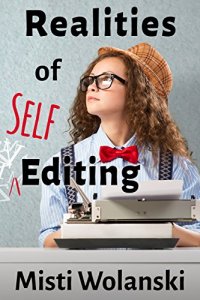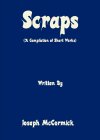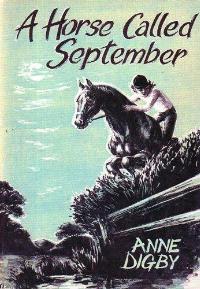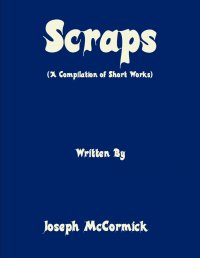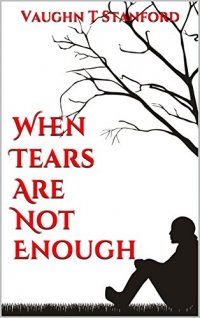To be able to learn something well, you must first have that light bulb moment when you understand it—what it is, how it works, why it has the capabilities and limitations that it does.
This book is your light bulb for self-editing.
It isn’t a checklist of rules or specifics to tell you, “This is wrong.” or “This is right.”
Why not? Because “You must never do X” and “You must always do Y” are both BS.
Every technique has situations where it’s best avoided. Every technique has situations where it’s best used. Some of those situations might be highly unlikely to appear in your writing—ever—but hey, I’m not you. I don’t know what you’re writing and why, and I’ve probably not read any of your work.
But I have read well over 2,500 books, and that’s not including the hundreds I’ve edited.
And I have tutored and helped others improve their writing ability, even when they thought they couldn’t learn.
I’m skilled at spotting the gaps in things, the holes that need filling in. And “how to edit” discussions have some huge gaps.
• What are the capabilities and limitations of self-editing?
• How is it possible?
• Why should anyone do it?
If you don’t understand the answers to those questions, then any and all attempts to edit your own work will be handicapped.
Understanding self-editing is necessary.
I work as a freelance writer, editor, and web coder. As a writer and coder, I’m expected—required!—to be able to adequately self-edit my own work.
But as an editor, I’m expected to treat self-editing as a phantom—that perhaps a select few writers can grasp editing and get good enough at it to do it themselves, but you? Pshaw!
That is bullshit.
If you genuinely want to improve your writing, you can improve your writing skills, and you can probably even learn to adequately edit your own work. It’ll take time and effort, but it’s possible.
And comprehension of what on earth an editor even does—and why—is the first step on the road to being able to edit yourself to the best of your ability.
Even if you have a text-based learning disability, you can improve your writing and self-editing skills.
—Someone with dyscalculia if not outright dyslexia.
Oh, did I not mention that, yet? Yes, I am dyscalculic and probably dyslexic.
And yet I do work that is generally considered inaccessible to people with my disability/disabilities. I succeeded anyway because I’m good at identifying patterns and recognizing when something needs extra-special attention.
For example, there are multiple types of editing, and even more types of editors. Many a well-intended writer or editor has wasted time and/or money they didn’t need to spend because they went after the wrong type of editing or editor for what they wanted.
This isn’t helped by the fact that definitions change based on whom you ask. Some folks base their definitions in the history behind the terms; some base their definitions in common industry usage; and some base their definitions based on how the average self-publishing Jill uses them.
The types of editing still matter, because certain ones will help you more than others—and certain ones will help you at certain stages more than other ones do. It’s always best to focus your editing on what you need, rather than on what some random article has told you you need.
And if you don’t already know the different stages and types of editing and what they’re good for, this book will help you save time and money, because you’ll focus on what you need, rather than what you don’t.
What’s more—you’ll get all this for less than the cost of a latte.
So what are you waiting for? Get it now!
